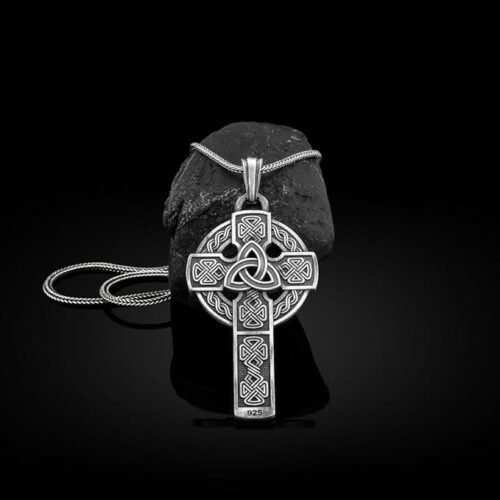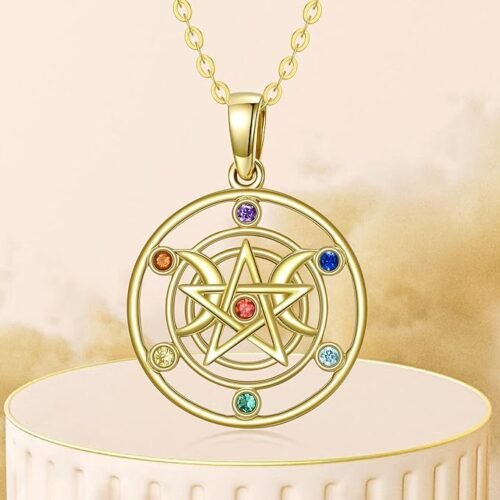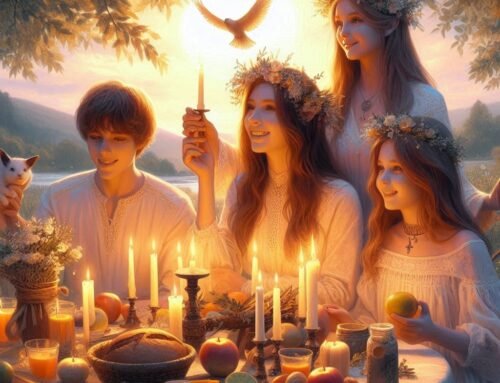
Modern Wiccans still follow the core tenets of Wicca
Exploring the Core Tenets of Wicca: A Path of Harmony and Balance
Wicca, often referred to as the “Old Religion,” or “The Craft,” is a modern pagan religion that traces its roots to ancient European traditions and folklore. Founded in the mid-20th century by Gerald Gardner, Wicca has since grown into a diverse and vibrant spiritual movement, with practitioners around the world. At its core, Wicca is guided by a set of principles and beliefs that emphasize harmony, reverence for nature, and personal empowerment.
One of the central tenets of Wicca is the belief in a divine duality, often represented by the God and the Goddess. Wiccans view the universe as a balanced and harmonious system, with male and female energies working in tandem to create and sustain life. The God and the Goddess are seen as equal and complementary forces, embodying the cycles of birth, death, and rebirth that are inherent in nature.

New Wiccans embrace the tenets of Wicca
Tenets of Wicca – the Natural World
Another guiding principle of Wicca is the reverence for nature and the cycles of the natural world. Wiccans believe that the earth is sacred and should be treated with respect and reverence. Many Wiccan rituals and ceremonies are conducted outdoors, allowing practitioners to connect with the elements and the rhythms of the natural world. From the changing of the seasons to the phases of the moon, Wiccans draw inspiration from the cycles of nature in their spiritual practice.
Wicca also emphasizes the importance of personal responsibility and ethics. The Wiccan Rede, a central ethical guideline in Wicca, states: “An it harm none, do what ye will.”
This principle encourages Wiccans to act in ways that are mindful of the consequences of their actions and to strive to live in harmony with others and the natural world. While Wiccans do not adhere to a strict moral code, they believe in the concept of karma – the idea that what you put out into the universe will come back to you in some form.
The Tenets of Wicca – Ritual and Magic
Additionally, Wicca places a strong emphasis on the practice of magic and ritual. Magic, in the Wiccan context, is seen as a natural and inherent part of the human experience, accessible to all who are willing to learn and practice. Wiccans believe in the power of intention and visualization, using rituals and spells to manifest their desires and intentions in the physical world.
However, Wiccan magic is not about manipulating or controlling others; rather, it is about aligning oneself with the natural energies of the universe to create positive change and transformation.
Finally, the tenets of Wicca value community and fellowship, with many practitioners gathering in covens or circles to celebrate rituals and festivals together. Covens provide a sense of support, camaraderie, and shared spiritual growth, allowing individuals to connect with like-minded souls on their spiritual journey. However, Wicca is also a deeply personal and individualistic religion, and many practitioners choose to practice solitary, drawing inspiration from their own intuition and experiences.
In conclusion, the tenets of Wicca – including reverence for nature, personal responsibility, ethical behavior, and the practice of magic – form the foundation of this ancient yet modern spiritual tradition. By embracing these principles, Wiccans seek to cultivate a deeper connection to themselves, to the natural world, and to the divine forces that surround and sustain us all.















